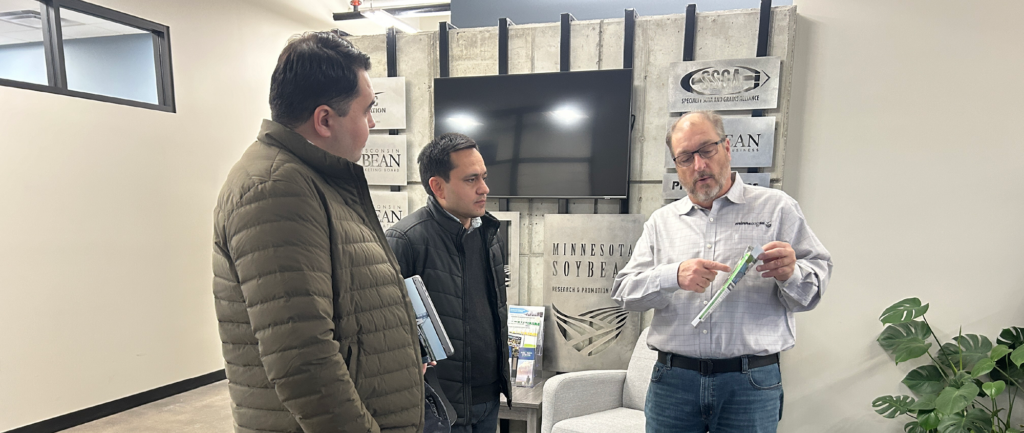The Minnesota Department of Agriculture (MDA) has been receiving reports of residents receiving unsolicited packages of seeds appearing to come from China. Officials in other states, including Louisiana, Utah, Virginia and Washington, have reported similar situations. Any Minnesotan receiving a package of seeds they did not order should not plant the seeds and contact MDA.
“We’re uncertain what these seeds may be and why people are receiving these unsolicited packages,” said Denise Thiede, MDA’s seed unit supervisor. “Until we know more, we encourage people to contact us because of the risk they may pose to Minnesota agriculture and our natural landscapes.”

Minnesotans should do the following if they have received unsolicited packages of seeds.
- Do not throw away the package or its contents.
- Do not plant the seeds.
- Contact Arrest the Pest line at 1-888-545-6684 or arrest.the.pest@state.mn.us and provide your name, contact information and the date the package was received.
Officials will coordinate shipping the packaging and contents to MDA’s Seed Program.
In 2014, the state approved funds for the Minnesota Invasive Terrestrial Plants and Pest Center. The Minnesota Soybean Research & Promotion Council also supports the MITPPC, which is aiming to address this unusual circumstance.
“By having an invasive species research center, we have a unique capacity to respond,” says MITPPC Director Rob Venette. “It’s all because of the investments soy growers and the state have made in this Center.”
The MDA is working with the USDA’s Smuggling Interdiction and Trade Compliance Program on identification and destruction of the seeds. The MITPPC is conducting research and strongly recommends farmers follow MDA’s guidelines should they receive the unsolicited seeds.
“A lot of us are scratching our heads trying to figure out what’s behind this and what we need to do next,” Venette says. “Farmers need to be careful – what we don’t want is these seeds going into the ground.”







